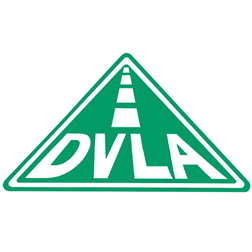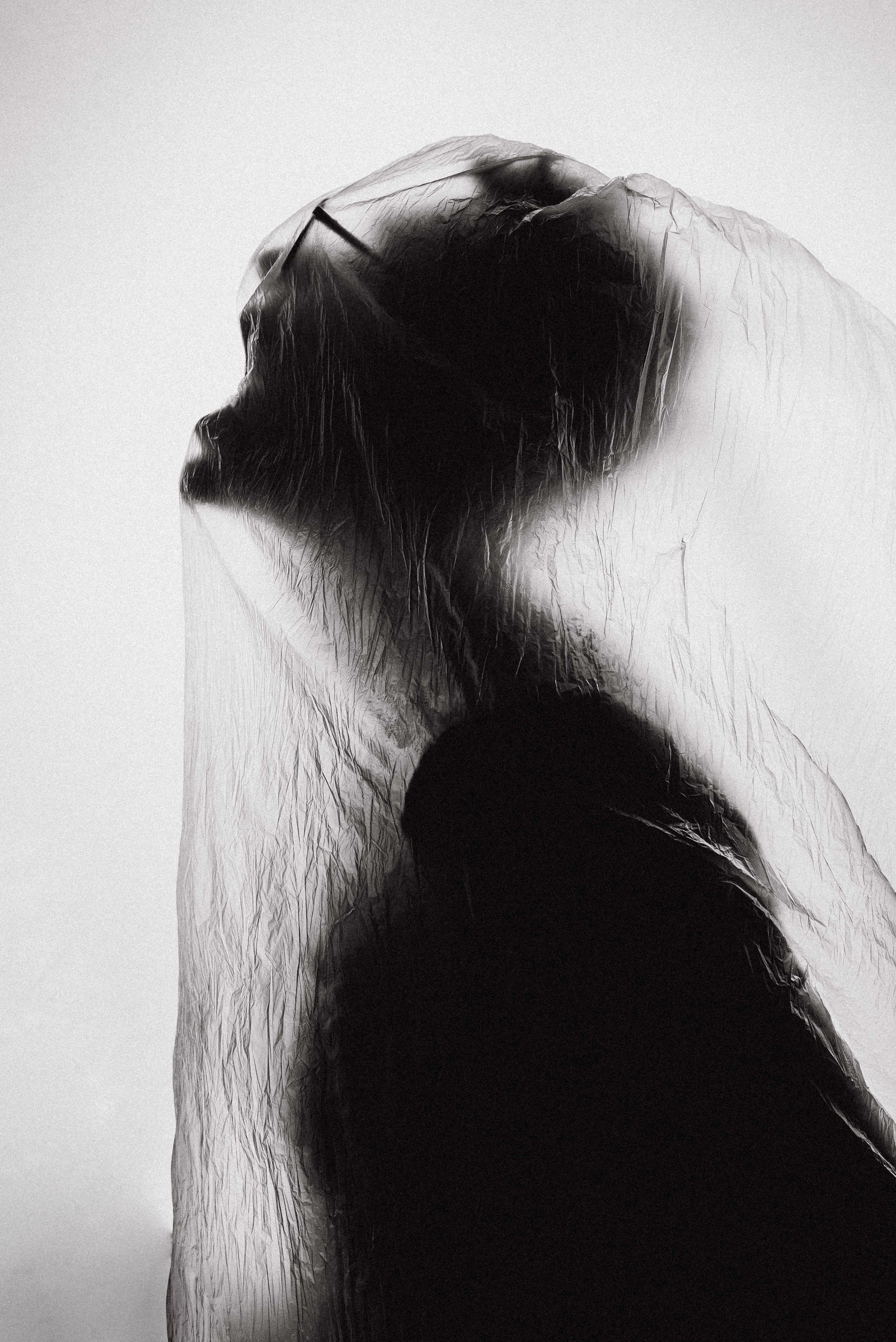
Driving Standards
33% OF DRIVERS FAIL THE NUMBER PLATE TEST!
A recent study shows that 1 out of 3 drivers would fail an eye test, with 1 in every 5 who required an optical correction drove without them, putting both themselves and the general public at risk. The majority of these drivers were younger than 24 years old.

Legally, it is required that a driver is able to read a number plate from a distance of 20.5 metres and must wear their corrective prescription eye wear whilst driving. It is therefore important to have regular tests, as eye sight can deteriorate slowly giving less obvious symptoms.
Driving at night can also affect vision, with 1 out of 5 drivers complaining that driving at night is more difficult. Even small optical corrections can make a huge difference in these cases. We always recommend an anti-reflective coating for your spectacle lenses as it can be useful in reducing reflections from headlights at night.
The Driver and Vehicle Licensing Agency (DVLA) also request that you have normal peripheral vision, which means that they require you to have a certain amount of vision which extends to the sides. The Estermann Visual Fields test is the test recommended by the DVLA to assess for this, and we have the ability to perform this test. It differs to the standard visual field assessment provided during the normal sight test examination, but if you would like to have this we will be happy to incorporate it. Please request this test when booking an appointment.
We recommend this examination especially for those patients where driving is an important part of their lifestyle, such as HGV drivers.
Other important factors with driving we recommend:
- Keep a spare pair of spectacles in the car in case of any problems occurring with your current pair.
- Bright sunlight can cause glare problems whilst driving. Polarising lenses or DriveWear lenses help reduce the glare making it more comfortable in those conditions.
- Some thick frames or small eye sized frames can restrict the area of vision whilst driving – we can advise on which frames won’t restrict your vision.
- We recommend plastic spectacle lenses rather than glass lenses – in the unfortunate situation of a car accident, plastic lenses are less likely to shatter than glass.
- Certain types of multifocal lens designs can restrict a drivers vision – we will always recommend the best type for you.



